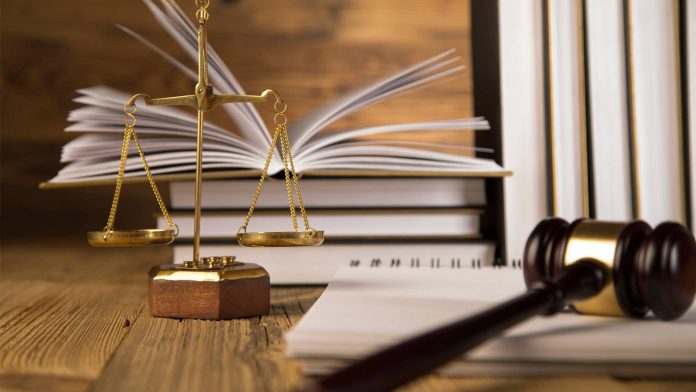- Make no mistake, any form of government is established primarily to serve the interest of citizens without compromising on the dignity of individuals and their rights to lead the life in a dignified manner. None of the governments will exhibit incongruence in society if the law of the land fails to extend equality to citizens. Therefore, the role of the executive, the legislature, and the judiciary essays an extremely crucial role in upholding constitutional propriety. This is true of Indian democracy which is not only thriving over the last eight decades but has also been recognized globally for setting an admirable example worthy of emulation. No wonder, Indian citizens consider the higher judiciary the last resort for seeking relief on matters of concern.

PC: Paras Nath Singh
- There are several instances in the past when the executive has gone overboard by zealously pursuing what it believes is a fit case for prosecution. It’s another matter altogether that the judiciary strikes down such cases for want of foolproof evidence to press ahead with the logical conclusion of the charges framed. The moot point to ponder over here is why law enforcement agencies have to face the ignominy of cutting a sorry figure in front of the judiciary for failing to present inalienable evidence and following due procedures. One such incident was recently reported when the Bombay high court sent a strong message on the sanctity of due process and procedural safeguards by acquitting ex-Delhi University professor GN Saibaba and five others.
- For the uninitiated, these individuals were given life terms on charges of membership of the banned CPI(Maoist) and aiding and abetting its activities. Note that the wheelchair-bound Saibaba was jailed in 2014 and convicted in 2017. Section 45 of UAPA has two key safeguards to prevent wrongful implication of innocents by the police. But the Bombay HC noted, were violated. UAPA judges must await prosecution sanction before taking cognizance of chargesheets. This prosecution sanction, in turn, must be considered and granted by the government only after an independent authority conducts a review of the evidence gathered in the course of an investigation and makes a recommendation.But the trial court framed charges before prosecution sanction arrived.

PC: PARVATHI SAJIV
- Notably, the Director of Prosecution reviewing the chargesheet recommended prosecuting the accused without giving any reasoning. HC wondered how a few laconic sentences helped the prosecution-sanctioning authority make informed decisions. Thus, the conviction was struck down, citing a constitutional bench ruling that a trial proceeding without valid sanction would stand vitiated. The judges exhorted the state to fight terrorism with unwavering resolve but said the rule of law must tower over loud refrains that the end justifies the means and that the procedural safeguards are subservient to the overwhelming need to ensure that the accused is prosecuted and punished. This decision leaves enough food for thought for all concerned.






